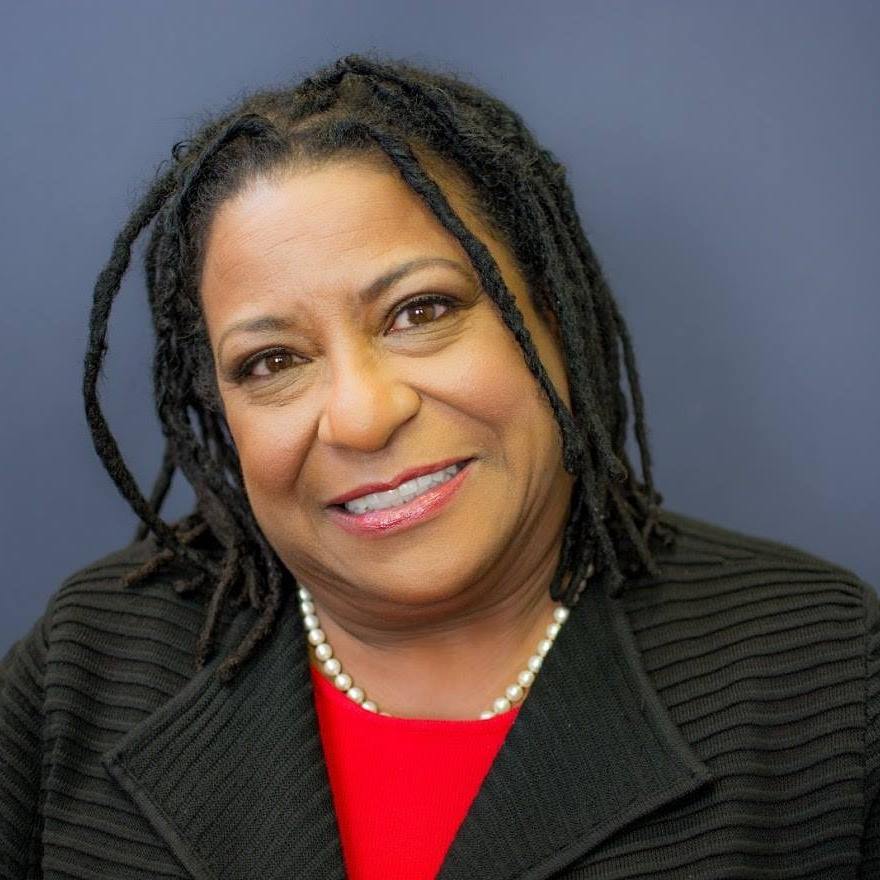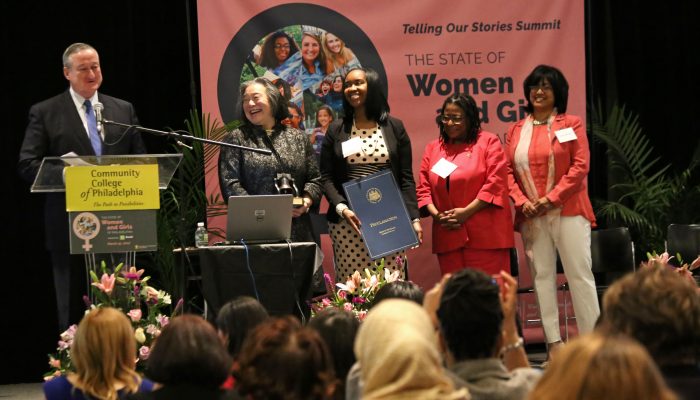Women’s Equality Day reminds me of my grandmother.
Pearl Thornton, my grandmother, was born in 1898 in Virginia. She was, simply, awesome. A sharp dresser with impeccable taste, she was rarely seen out without a hat and gloves, every hair in place and glistening with the shine of a blue rinse — only she called it “blue rench.”
We spent a lot of time together. When I was a little girl, my parents owned two houses on the same block. There was the house I lived in with my four sisters and then there was “in-law” house where my grandmother, my mother’s mother, and my father’s two sisters lived.
Many mornings, often as early as 6:00 a.m., I would show up at the “in-law” house. My grandmother would fix me breakfast, always accompanied by a cup of tea.

Simply put, my grandmother was fancy. She made fancy food, she had fancy dishes, and she set a fancy table. I thought my grandmother was the most sophisticated person in the world.
It wasn’t until I was older that I learned my grandmother couldn’t read.
I wondered, how could someone be so sophisticated and yet also not be able read?
When I was old enough to read, she saved letters she received, and I came over to read them to her. It was then that the time we shared went beyond just cooking and sharing meals. She was an avid subscriber to Ebony and Jet magazines and the NAACP’s Crisis magazine.
It was my job to read the articles to her.
Those moments were some of the best moments of my childhood. It was if we had a secret bond that no one else shared.
Pearl was 22 years old in 1920 when the 19th Amendment was passed and certified, giving women the right to vote. Her mother, Anna, born a slave in 1853, was 12 years old when the Civil War ended in 1865.
I doubt if Grandmom Anna ever voted — she would have been 67 years old in 1920.
But the 19th amendment didn’t really apply to her, or many other African American women and men living in the post-reconstruction Jim Crow south. She was not around to witness the 1965 Voting Rights Act that would begin to ensure voting rights to African Americans in the south.
I don’t know exactly when Pearl voted for the first time, but I remember watching her dress up on every Election Day as if she were going to church.
She was very proud about being able to cast her vote and to participate in one of the most important acts that define our democracy.
As a woman I’m grateful that the 19th Amendment solidified that right for women, but I know that the right to vote is just as meaningful to African Americans who have a shared history of political disenfranchisement in America.
So, this day also reminds me of how race and gender remain inextricably tied in the lives of Black women, like my Grandmom Anna’s and Pearl’s — and mine.

